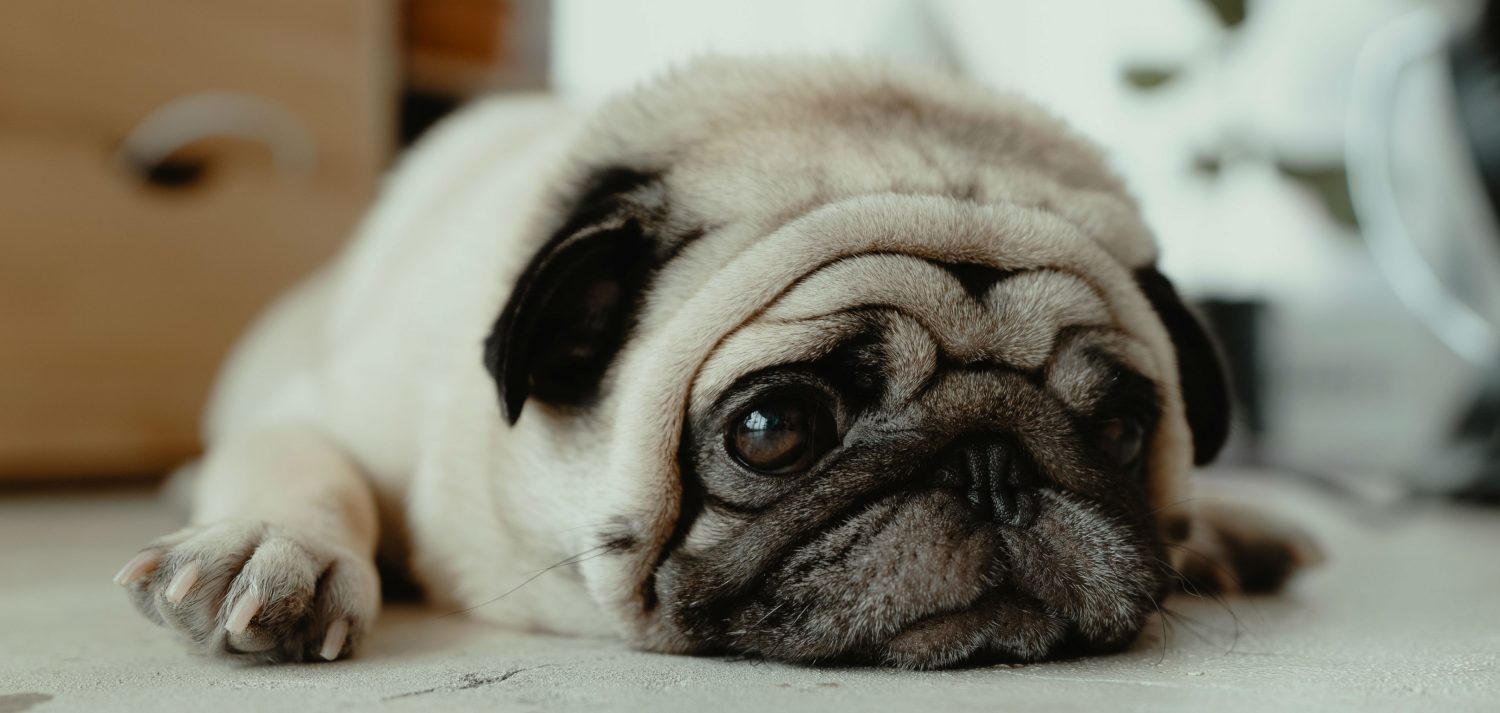What is the difference between a reducible and non-reducible umbilical hernia and can they be repaired?
Original Question: I'm wondering what exactly the difference is between a reducible hernia and a non-reducible hernia? Can a non-reducible hernia be corrected? My wife and I are thinking of purchasing this puppy and trying to get all the information we can concerning this issue to make our decision. - Robert
 Jul 12, 2018
Jul 12, 2018
Hi Robert,
Thanks for your question.
The technical term for this is an umbilical hernia. It is an inherited deformation where the abdominal wall does not fully close during development and a hole in the muscle layer remains. As a result, abdominal contents, such as fat and possibly organs, can push through the hole and appear as a lump under the skin. If you can push the lump or abdominal contents back into the abdomen, then it is considered a ‘reducible hernia’. If the contents cannot be returned, then it is called a ‘non-reducible hernia’. In the case of a non-reducible hernia, there is likely some scar tissue that has formed in the area causing the contents to anchor themselves to the surrounding tissues and are therefore stuck.
To answer your question, both a reducible and non-reducible hernia can and should be repaired surgically. This is typically performed during a spay or neuter surgery as an add-on procedure.
Most pets will live a normal life with an umbilical hernia but there is a risk that very serious medical conditions could arise. The hernia could widen and a vital organ could pass through the hole and become strangulated, such as a loop of the bowel. This is an absolute emergency and could be a fatal condition. For this reason, umbilical hernias are typically corrected with surgical closure when a spay or neuter is performed during a young age.
We have a very thorough video about this condition which I encourage you to watch our video “General Info About Umbilical Hernias and Treatment for Puppies, Dogs & Cats” for more information.
Dogs and cats that are born with hernias have a greater chance of having offspring with them and therefore it is recommended that they are not used in a breeding program.
I hope this helps,
Dr. Clayton Greenway
Disclaimer: healthcareforpets.com and its team of veterinarians and clinicians do not endorse any products, services, or recommended advice. All advice presented by our veterinarians, clinicians, tools, resources, etc is not meant to replace a regular physical exam and consultation with your primary veterinarian or other clinicians. We always encourage you to seek medical advice from your regular veterinarian.

